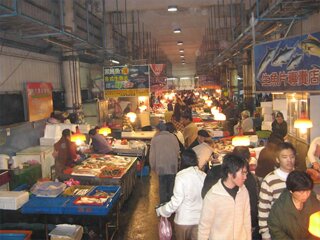Factors affecting the cost of oil spills (2002)
22 May 2014

by Dr Ian White
Paper presented at GAOCMAO Conference, Muscat, Oman, 12-14 May 2002.
The NAKHODKA and ERIKA oil spills in Japan and France, respectively, have once again focused the attention of politicians, regulators, the media and claimants on the potentially high cost of such events and the adequacy of the current international compensation arrangements. This has led to a proposal for a Supplementary Fund that would offer additional compensation to that provided under the 1992 Civil Liability Convention and 1992 Fund Convention. In order to provide a factual basis for the discussion on the need for and appropriate level of this Supplementary Fund, the International Group of P&I Clubs, in conjunction with ITOPF, conducted a study of the cost of tanker spills during the ten-year period 1990 - 1999. The results of the study provide a helpful starting point for a more general examination of the technical factors that, in combination, can give rise to great variation between the costs of individual incidents. These factors include: the type of oil, amount spilled and rate of spillage, physical, biological and economic characteristics of the spill location, weather and sea conditions, time of the year and effectiveness of clean-up. An understanding of the relative importance of these various factors can help focus spill prevention programmes, the development of realistic oil spill contingency plans and the delivery of a cost-effective response.
Categories: Compensation, Papers
